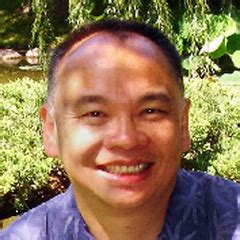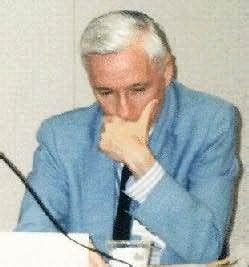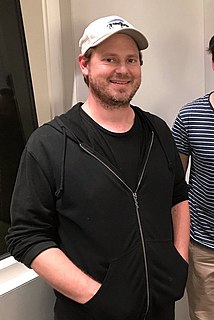A Quote by Amitava Kumar
All good works of art must ask this question: 'You want to breathe free, yes, but do you know how to kiss?'
Related Quotes
What we also need to have a discussion on the philosophy of art: so we must ask what is it that we want in the first place? Is it just about saying and doing whatever you want, or is it about something more? We should let the artist be free, but we must also question how exactly he deals with freedom. Is it arts for elevation or arts for destruction? Is there dignity in the process?
There must be no barriers to freedom of inquiry... There is no place for dogma in science. The scientist is free, and must be free to ask any question, to doubt any assertion, to seek for any evidence, to correct any errors. Our political life is also predicated on openness. We know that the only way to avoid error is to detect it and that the only way to detect it is to be free to inquire. And we know that as long as men are free to ask what they must, free to say what they think, free to think what they will, freedom can never be lost, and science can never regress.
Do not ask the stones or the trees how to live, they can not tell you ; they do not have tongues; do not ask the wise man how to live for, if he knows , he will know he cannot tell you; if you would learn how to live , do not ask the question; its answer is not in the question but in the answer, which is not in words; do not ask how to live, but, instead, proceed to do so.
When I taught art, I was always asked, 'How do you know you're an artist? What makes you an artist?' And to me, it's like breathing. You don't question if you breathe; you have to breathe. So if you wake up in the morning, and you have to realize an idea, and there's another idea, and another, maybe you are really an artist.
Art is craft: all art is always and essentially a work of craft: but in the true work of art, before the craft and after it, is some essential durable core of being, which is what the craft works on, and shows, and sets free. The statue in the stone. How does the artist find that, see it, before it's visible? That is a real question.
Ask not of me, love, what is love?
Ask what is good of God above;
Ask of the great sun what is light;
Ask what is darkness of the night;
Ask sin of what may be forgiven;
Ask what is happiness of heaven;
Ask what is folly of the crowd;
Ask what is fashion of the shroud;
Ask what is sweetness of thy kiss;
Ask of thyself what beauty is.
And one day we must ask the question, "Why are there forty million poor people in America?" And when you begin to ask that question, you are raising questions about the economic system, about a broader distribution of wealth. When you ask that question, you begin to question the capitalistic economy.
I want people to think about movies and how we watch them. Let them know it's okay to question the structure or how we're sometimes duped into a false sense of normalcy. Most of all, I want people to question the old standard practices of, 'This is how the structure of something should work,' or, 'This is how a character must behave.'
Philosophers often think all scientists must be scientific realists. If you ask a simple question like "Are electrons real?" the answer will be "Yes". But if your questions are less superficial, for example whether some well-known scientist was a good scientist. Then, they had insisted that only empirical criteria matter and that they actually did not believe in the reality of sub-atomic entities. Ask "If that turned out to be true, would you still say they were good scientists?" The answer would reveal something about how they themselves understood what it is to be a scientist.





































